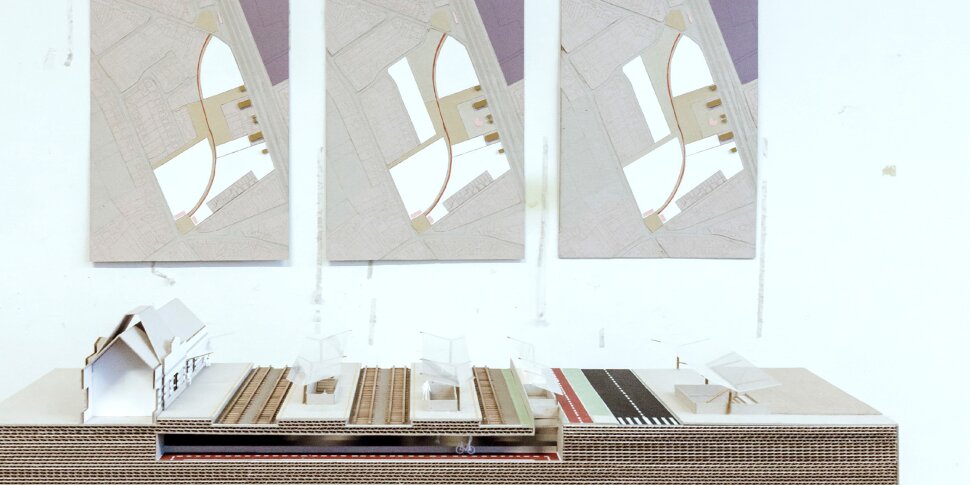Study Architecture in Antwerp
The city is your laboratory
As an architect you shape the open space and the city by designing the built environment. Opting for architecture in Antwerp means opting for a realistic and socially committed education with a sharp and creative view on the city: you use the city as a laboratory and have an eye for the context and feasibility of your plans.
Design is central
Design is central, both in the Bachelor programme and in the Master programme. Even if the design process is only part of a much larger and more complex process, it is an essential component of it. In order to be able to design, an architect must possess different skills and knowledge, and be able to combine them. We teach you these skills step by step in the design studios.
Why in Antwerp?
Realistic training
Your designs are realisable and you take the environment into account in your design. The open space is almost as important as the built area.
City of Antwerp as a laboratory
The architecture course has a unique collaboration with the spatial policy of the city of Antwerp. As a result, the architecture teachers involve you in real research projects during your studies. Antwerp is a pleasant city with the characteristics of a metropolitan region: poverty, mobility, migration, the port, decision-making... During your training you will soon be confronted with these challenges.
Internationally oriented
Architecture knows no boundary. Every year you go on a study trip with your fellow students and lecturers and make regular excursions. In addition, the programme also invites leading guest speakers every year. It also organises an international design week for master students. Thanks to an extensive international network, you can go to more than 30 destinations on a study exchange with Erasmus.
Pioneer in Flanders
With regard to socially embedded design research, the architecture programme of the University of Antwerp is a pioneer. It forms designers who, with a sharp and creative eye, can make qualitative contributions to a sustainable urban building culture.
